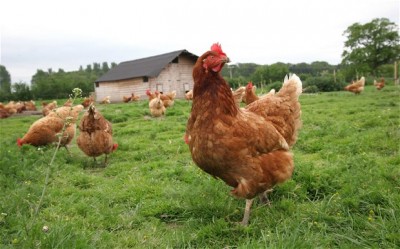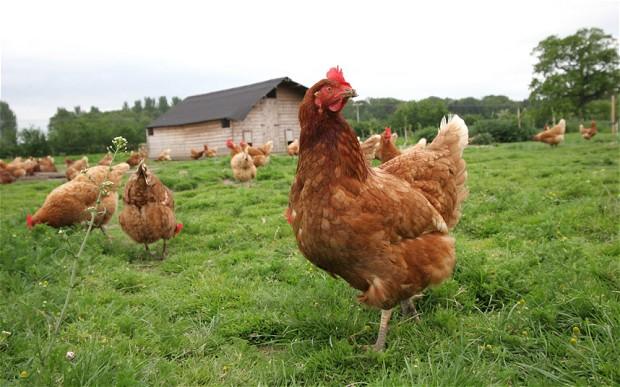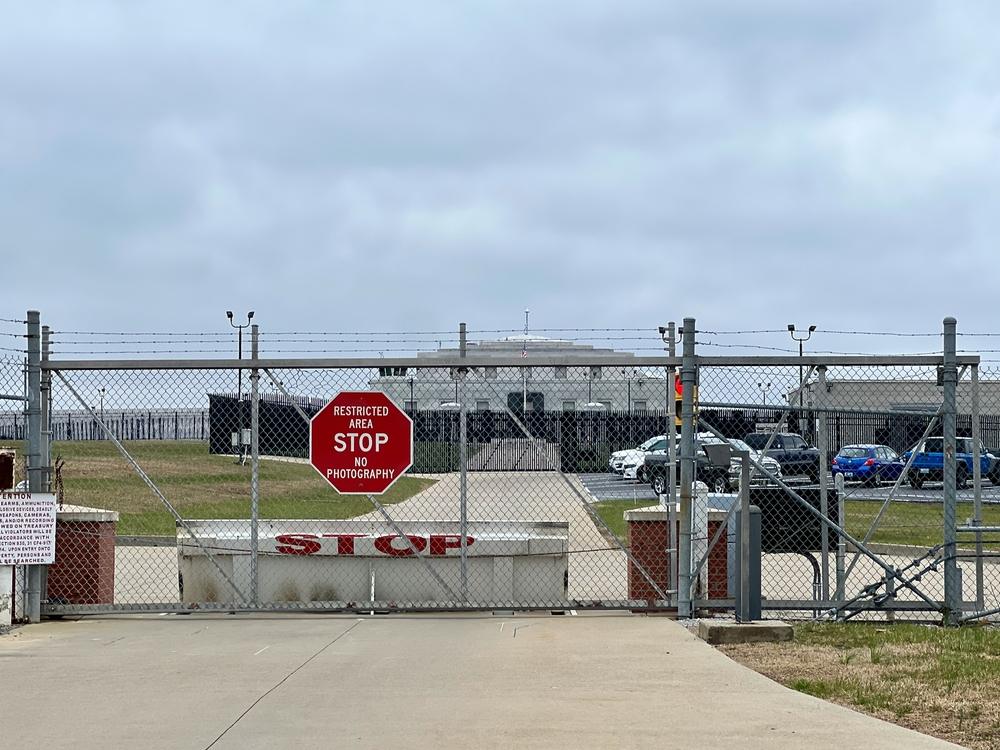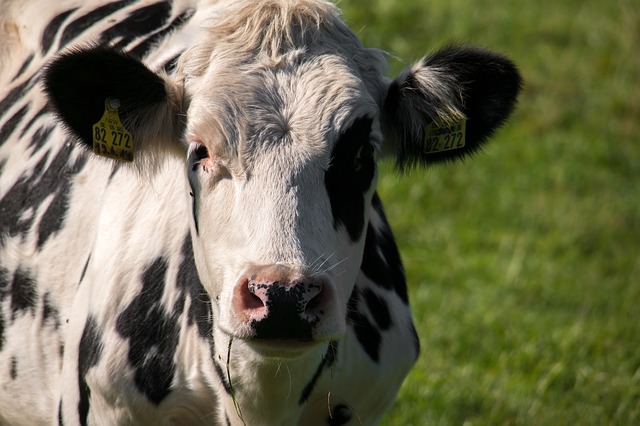
Whether you call them “ag-gag,” “whistleblower,” or livestock protection bills, a certain kind of animal cruelty bill has been in the news a great deal in the last several years. Animal rights proponents see them as an attempt to prevent their secret investigations on farms and to prohibit free speech. Many farmers see the bills as a way to protect their privacy and their right to make a living without harassment from animal rights activists.
A typical bill of this kind makes it illegal for someone to lie in order to get a job on a farm. Animal rights activists often have to lie in order to get employment on a farm, so they object to this requirement.
The bills also usually require anyone taking photos or video on a farm or other business who observes animal cruelty to share their film with law enforcement within 48 or 72 hours so the cruelty can be stopped immediately. You may be surprised to learn that animal rights groups object to this requirement, too. They maintain that they need to continue their investigation and filming for weeks or months in order to build a case that shows a “pattern of cruelty.” This allows any cruelty to go on occurring during this time – something that farmers find objectionable.
Note that the bills don’t require a group to stop their undercover investigation or turn over the only copies of their photos or film. They ask for the groups to share their evidence. In these days of computers, cell phones and other high tech devices, it should be easy for someone to make copies of any photos or videos they have taken.
Animal rights groups such as the Humane Society of the United States have been fighting these bills tooth and nail in each state where they have been introduced into the legislature. In 2013 HSUS spent more than $100,000 on lobbying in the state legislature to try to defeat such a bill. They spent another $100,000 on media advertising in the state. They were using at least six lobbyists in Nashville at that time. In the end, Tennessee Governor Bill Haslam chose not to sign the bill after it passed the General Assembly.
Tennessee is hardly the only state where these battles are playing out.
Story continues below video
In Idaho, the Idaho Dairymen’s Association was recently denied in its motion to join the state in defending a law that makes it illegal to film farm operations without permission. Animal rights, environmental, civil liberties groups, and journalists are suing to overturn the so-called “ag-gag law” which passed in February and would make it a misdemeanor to secretly record abuse on a farm. The law was strongly backed by the state’s $2.5 billion dairy industry, which will be greatly impacted by the outcome of the suit.
One activist-opponent of Idaho’s law is raising money to buy drones so he can investigate animal cruelty from the sky. Author Will Potter is trying to raise $95,000 so he can buy two such drones.
In Utah last year, activist Amy Meyer became the first person in the nation arrested for breaking one of these laws. The charges were subsequently dropped.
Livestock protection bills of this kind have already passed in Idaho, Utah, South Carolina, Missouri, Arkansas, Montana, North Dakota, Iowa and Kansas. Some of these states passed their laws in the 1990s but many of the states have passed them in the last 2-3 years in response to increased undercover investigations by animal rights groups.
Animal rights activists claim that their work is important because the treatment animals receive on farms impacts the human food supply. Of all the arguments made by animal rights groups, this one seems the most specious since most of these groups are vegan or vegetarian and are not in favor of using animals for meat. Most of these groups do not wish to see animals in the human food supply at all. In fact, opponents argue that animal rights groups are hoping to find cruelty and bad conditions so they can instigate food recalls.
Farmers and animal welfare groups who are opposed to animal rights argue that undercover groups should be happy to share their evidence with law enforcement and see cruelty to animals end as quickly as possible. They claim that animal rights groups prefer to keep filming and hold on to their evidence so they can carefully edit it and produce it when they can make the most news with it – and get the most fundraising dollars from it.
Farmers also claim that the photos and videos taken by activists can be highly misleading, especially when viewed by an urban audience that has no frame of reference for life on a farm. Many perfectly ordinary animal husbandry practices on a farm can appear cruel to someone who doesn’t know anything about farming. Ideas about what is “cruel” can vary greatly if you are a farmer raising pigs or cattle or are someone living in a big city with a small dog as a pet.
Whichever side you come down on this issue – privacy for farmers or free speech for activists – you can be sure that these laws will continue to be in the news.
Do you support or oppose such bills? Tell us in the comments section below.
Sign up for Off The Grid News’ weekly email and stay informed about the issues important to you










